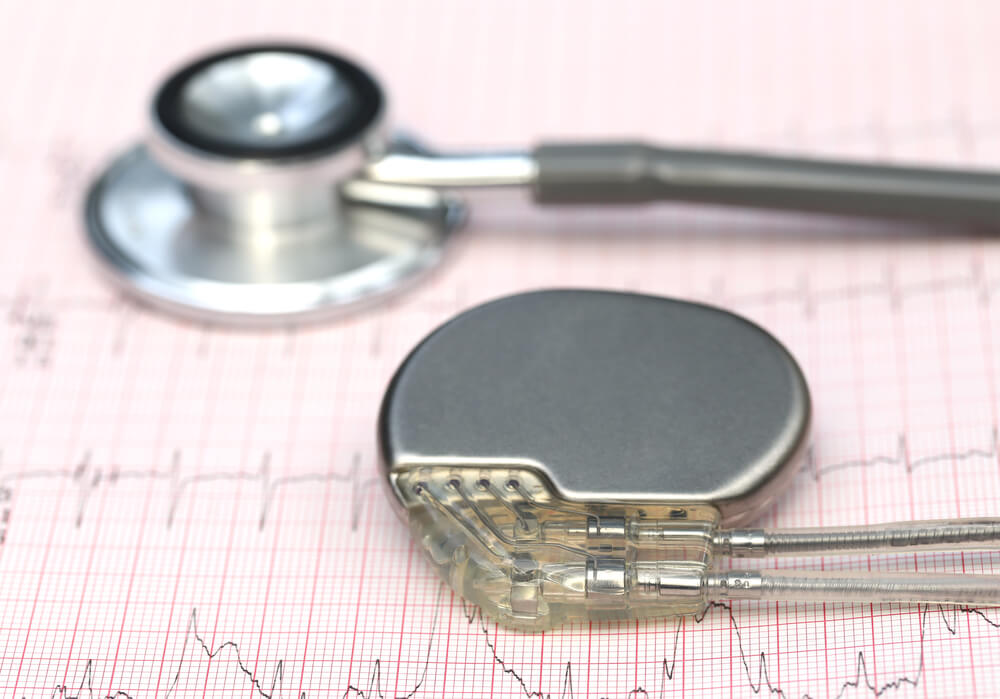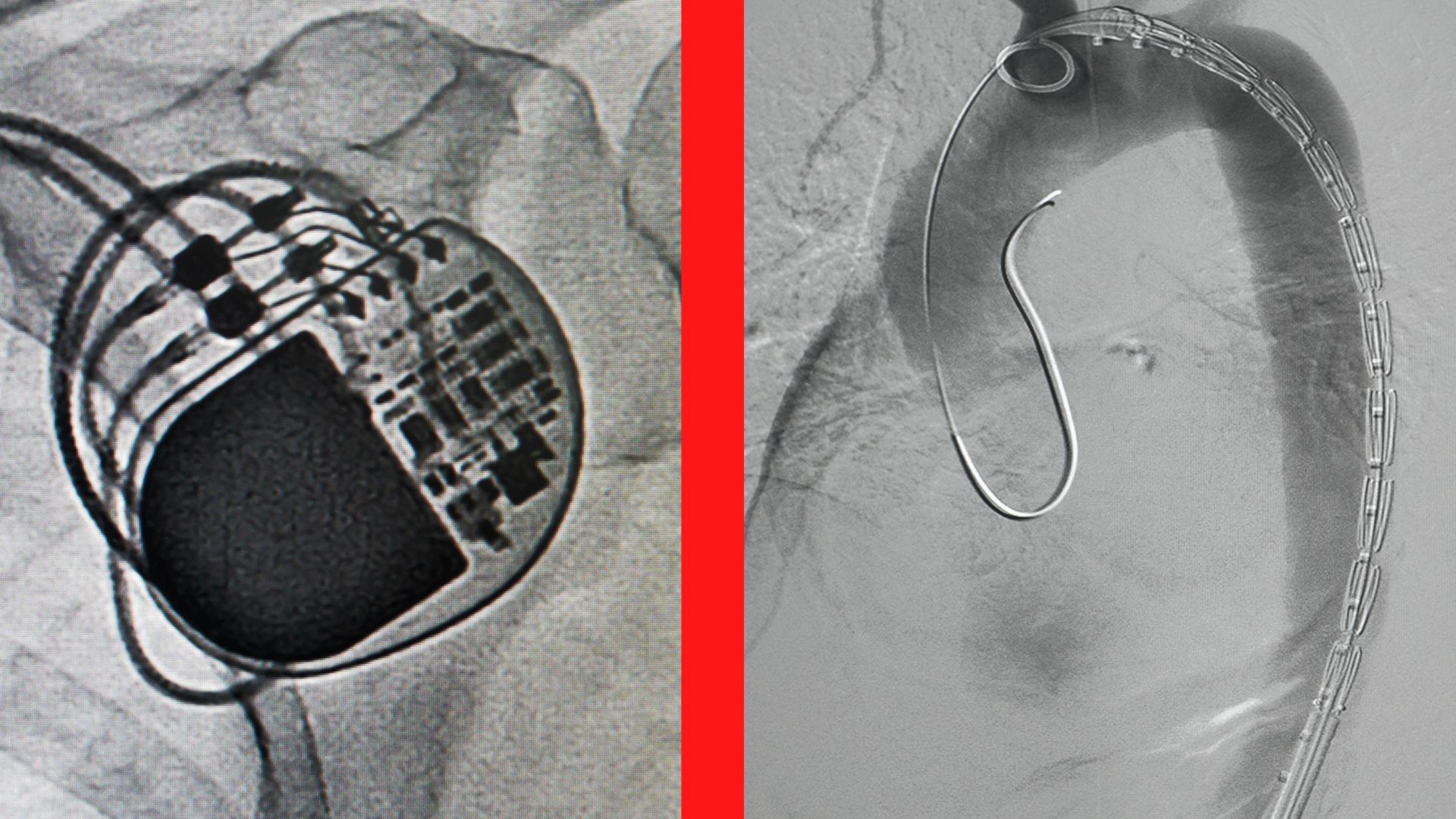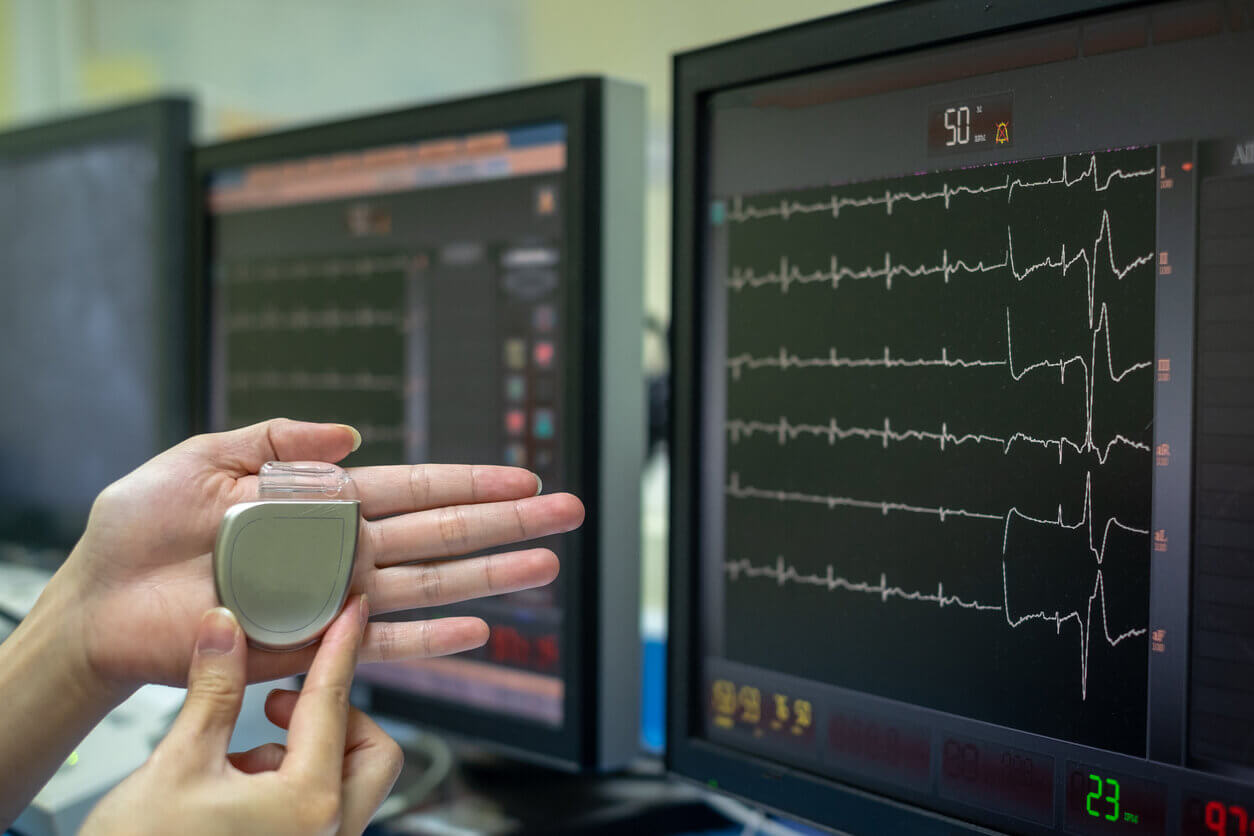The more you read and inform yourself, the more you will know about pacemaker implantation
It is clear that a pacemaker brings relief and improves the quality of life for those who live with it, but since its implantation requires surgery, even if it is routine, patients often experience fear.
We almost always develop fear of unknown things, because we don’t know what to expect, and it is perfectly normal, which is why it is very important to read and inform ourselves about the preparation for pacemaker implantation, the procedure itself and the course of the operation, but also to find out as much as possible about what life looks like with a pacemaker after its implantation.
You can discuss all your doubts with our cardiologists at any time, who will explain everything related to this operation to you rationally and in stages – from preparation, through the intervention, to recovery. Below are tips for preparing for pacemaker implantation surgery that will certainly be useful to you.
1. Learn how the pacemaker works
Healthy heart has an internal electrical system that consists of a series of nerves responsible for controlling the contractions of the heart muscle. This natural electrical system maintains a stable heart rhythm, allowing blood and oxygen to reach every organ in our body.
Unfortunately, sometimes this natural electrical system does not work properly or fails completely, causing the heart to beat too slowly, too fast, or in an uneven rhythm. A pacemaker is a small device that is implanted in a patient’s chest and connected to the heart through wires that are threaded through blood vessels, allowing the heart to have regular beats.
This device produces painless electrical impulses that help the heart beat in a safe and regular rhythm. In healthy adults, the normal heart rate is between 60 and 100 beats per minute, and with the help of a pacemaker, the heart rate of patients who need it remains constant around 70.
2. Ask the doctor what the day of the procedure will look like
If you know exactly what to expect during the operation, it will be easier for you to prepare for it and go through it with as little nervousness as possible. You should know that before the pacemaker implantation, a medical technician will place a needle (cannula) through which the necessary medications and fluids prescribed by the doctor will be given to you. The doctor will give you local anesthesia before the start of the operation, which will numb the area where the pacemaker is to be inserted.
The medical team will also give you a sedative, which will make you drowsy during the operation, but you will not be sleeping under general anesthesia. Because of all these medications, you will not feel any pain. The intervention lasts between 30 and 60 minutes, depending on how many electrodes are being implanted, and during it, the patient must lie still on their back.
3. Relax and get a good night’s sleep before the procedure
Before the procedure, your doctor will tell you when to stop eating and drinking fluids. This usually means that you won’t be able to eat or drink fluids for several hours, typically around 12 hours. Therefore, it would be good to have a healthy dinner and treat yourself to a healthy dessert the night before the operation. One more note, it would be desirable not to drink alcohol until you fully recover from the surgery.
Try to go to bed early and calm your thoughts. Breathe deeply and properly to bring yourself to a state of calmness. Sleep is essential for the whole body, as it will give you the necessary strength for tomorrow’s very challenging day, in which you will undoubtedly be under increased tension, so it is better to rest and gather enough energy beforehand.
4. Plan to stay one day in the hospital
Although this is a routine intervention that is done under local anesthesia, it is still necessary for the patient to stay in the hospital overnight so that doctors and medical staff can monitor their recovery. Therefore, it is important to bring everything you need for one night in the hospital – from pajamas, comfortable socks and slippers, to personal hygiene products.
In addition to all vital health parameters, the functioning of the pacemaker itself is also monitored, so if certain problems arise, they can be addressed immediately. This is also a good time to mention certain complications that may occur after intervention, which can be resolved quickly and efficiently with proper medical care.
Sometimes, the body’s reaction to a foreign object can cause an infection around the area where the pacemaker is implanted, or an allergy to contrast agents and anesthesia, as well as more serious complications such as swelling, bruising, or bleeding at the site of the pacemaker. Unfortunately, sometimes the most serious complications can occur, including damage to blood vessels near the pacemaker or collapse of the lung.
5. Avoid strenuous activities during recovery
It is normal to feel some amount of pain, swelling, and sensitivity at the site where the pacemaker was implanted. If necessary, the doctor will prescribe a pain medication for you. In the first few days after the surgery, you should rest and avoid lifting anything heavy. Therefore, it would be good to have family members help you with your daily activities during the first 5-6 days of recovery.
After the first week of recovery, you can return to most activities, but the doctor will still ask you to avoid strenuous activities such as playing tennis, soccer, swimming, etc. Return to sports will occur later, usually four to six weeks after the surgery. And don’t worry, because a complete return to regular physical activities is possible; we have several recorded cases of patients who even ran marathons.
Placement of pacemakers at Puls Cardiology Center
In a specially equipped Cath-lab room, our top cardiologists and radiologists will perform the pacemaker implantation using the latest generation of medical equipment and technology. If you are a candidate for this type of surgery, schedule an appointment at Puls Cardiology Hospital in block A in New Belgrade and discuss the details and necessary tests to be performed before the intervention with our doctors. Our highly skilled staff is here to explain all the details about this procedure and help you regain the highest quality of life after it.






